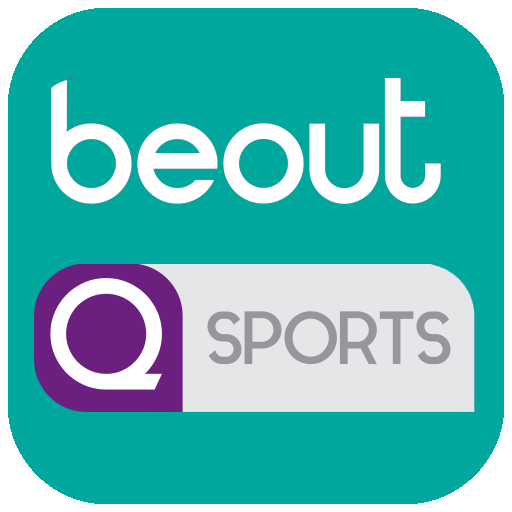 With the suspension of efforts by Qatar and Saudi Arabia to pursue further action through the WTO, one of the world’s largest and most notorious piracy cases may have come to a close.
With the suspension of efforts by Qatar and Saudi Arabia to pursue further action through the WTO, one of the world’s largest and most notorious piracy cases may have come to a close.
For about two years, beginning in 2017, Qatar-based beIN Media was blocked from distribution in Saudi Arabia by the Kingdom, as part of a geopolitical dispute between the two countries. At about the same time, a pirate video service known as beoutQ began distributing programming licensed exclusively for distribution by beIN Media by numerous sports leagues and media companies, over the Internet and over satellite, to beoutQ-branded set-top boxes in Saudi Arabia and other Arab states. Legitimate beIN set-tops were banned.
Numerous technical investigations at the time led to conclusions that Saudi Arabia was behind the beoutQ operation. In 2018, Qatar initiated a $1 billion action against the Kingdom over the alleged piracy. Qatar also registered a complaint with the World Trade Organization (WTO), alleging that Saudi Arabia was not facilitating pursuit of beoutQ to end its infringement activities.
In 2019, the beoutQ operation itself shut down, but its impact reverberated.
The WTO in 2020 decided that the Saudi government breached international intellectual property rules, which Saudi Arabia appealed.
The beoutQ case also was noted in two benchmark reports published by the Office of the United States Trade Representative: the 2020 Notorious Markets Report which identifies online and physical markets that engage in counterfeiting and copyright piracy, and the 2020 Special 301 Report, which is the result of an annual review of the state of IP protection and enforcement with U.S. trading partners around the world.
Could team ownership open the wrong door?
All of this raised fears that Saudi Arabian attempts to acquire the English Premier League’s Newcastle United football club would create a legal loophole for further illegal distribution, but this concern was rendered moot in 2021.
First an agreement was signed by leaders of Gulf states, ending the geopolitical dispute. “As part of that agreement, Qatar agreed to terminate all legal battles connected to the dispute,” said a Reuters report.
Then in October 2021, the ban against beIN Media in Saudi Arabia was ended. Both countries have reportedly agreed to suspend any further action. A few days later, SportsPro reported that the acquisition of Newcastle United was approved and legally-binding assurances were given which allayed concerns over control of the club.
Read WTO’s notice of suspension
Read WTO’s news archive of Measures concerning protection of IPR – Saudi Arabia
Read further historical details about the beoutQ case
Why it matters
The beoutQ case was a drama of Mission Impossible-level international intrigue, involving billions of dollars, multiple nation-state actors, some of the world’s largest media conglomerates and sports leagues, and the latest in media protection technology. It also involved hordes of legal, law enforcement and judicial professionals.
It will be worthwhile to keep one eye on this case, in case there are further developments.












